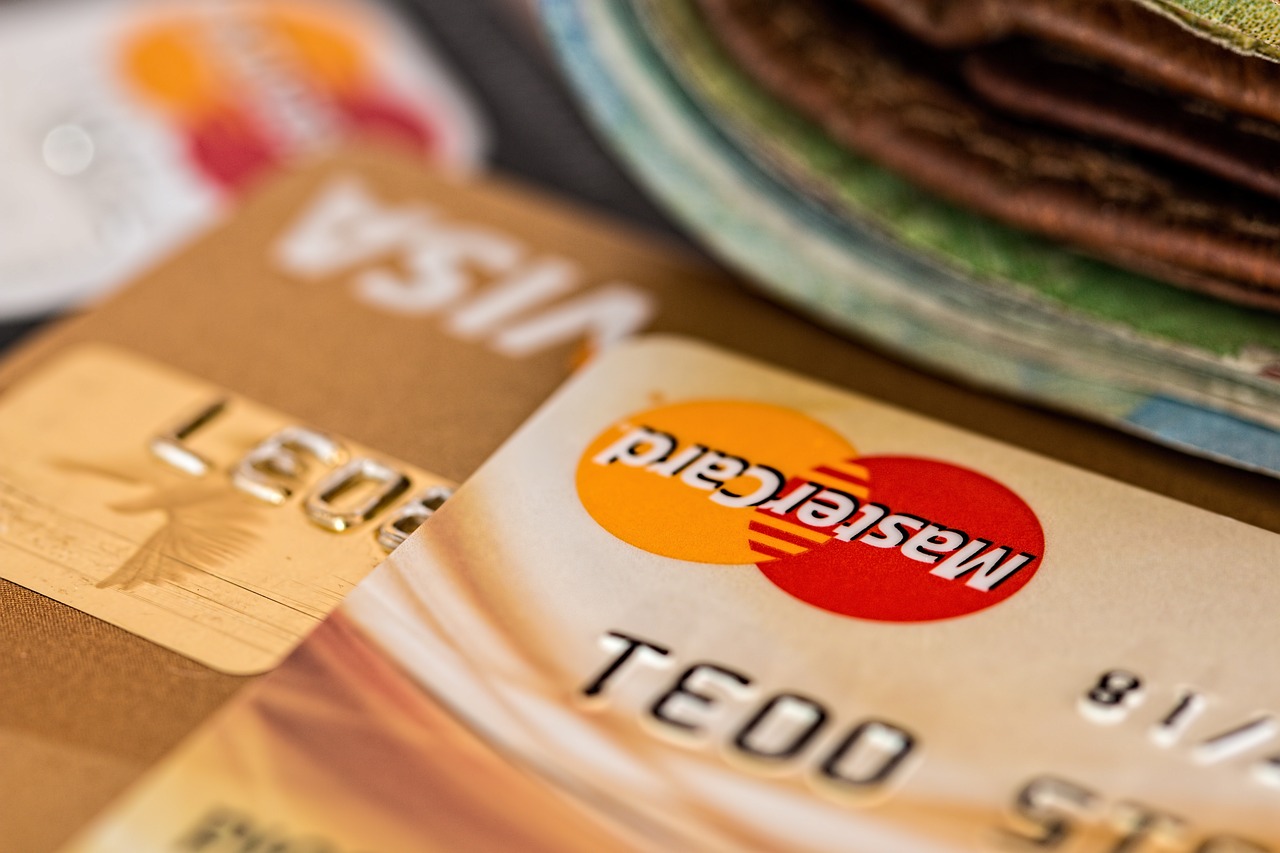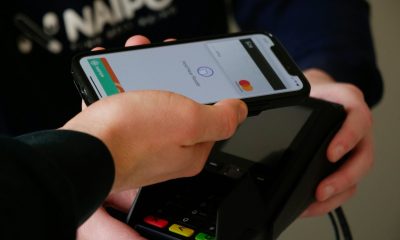Featured
How the Fintech Sector Helps with Financial Inclusion
The fintech industry can provide financial products and services that incentivize their use through internet and smartphone access. Fintech companies are reaching groups that previously had not had the opportunity to access the financial system, and this, together with the financial education promoted through different channels, has the capacity to take financial inclusion to another level.

BCG recently published statistics on fintech developments in the world. The report shows how the fintech sector can help with financial inclusion. From these numbers, it stands out that the American continent has the largest number of fintech companies, amounting to 11,651. Within this impressive figure stands out Latin America, which has been one of the regions with the greatest potential for financial innovation.
This phenomenon has meant innovation in a region where half of adults did not have a bank account and 80% of purchases in physical stores were made in cash. It is also a region with limited access to financing from traditional banks and a historical lack of trust. In fact, distrust is such an important element that it was the second most popular justification when respondents were asked why they did not save, according to the Global Findex 2014.
If you want to find out how the fintech sector can help with the financial inclusion of people around the world, download for free the Born2Invest mobile app. Our companion app keeps its readers up to date with the most important financial news so they can stay on top of the market.
Fintech companies are reaching groups that previously had not had the opportunity to access the financial system, helping with financial inclusion
On the other hand, technological changes in telecommunications infrastructure reached the region as they did the world. Both traditional banking and the fintech industry have benefited from these changes. The former has generated efficiency in processes and services from a web page or a mobile application. For their part, fintechs have gained market share because they were directly impacted by the increase in the two resources needed to access their services: the internet and the smartphone.
In April 2023, internet penetration reached 80% in Latin America. In other words, 80% of households had internet access at home or via broadband. Similarly, smartphone adoption penetration is estimated at 72%. With the above, we can dimension the size of the market and the investment opportunity for the opening and installation of new developments.
Financial inclusion still has a long way to go
Another interesting point is the diversification of the industry into different segments. 25% of fintech companies are dedicated to Payments and Remittances, followed by Loans (19%), Business Technologies for Financial Institutions (15%), Enterprise Finance Management (11%), and Personal (7%).
The social and geographic context places Mexico and other Latin American countries as the countries with the highest remittance receipts in the world. For local recipients, the money sent by their relatives from abroad to their country of origin is an important source of income.
This market segment is made up of consumers at the bottom of the banking pyramid, unbanked and underbanked consumers. Although there was an existing supply of providers, the entry of more fintech ventures represented greater competition. Not only did it increase the options for sending and receiving remittances, but the receiving users have access to financial services.
However, this does not solve the underlying problem. According to a study by the Center for Latin American Monetary Studies (CEMLA), only 34% of Mexican recipients had a checking or savings account, which is extremely low compared to the 68% of senders who responded that they did.
The fintech industry has the ability to provide financial products and services that incentivize their use through internet and smartphone access. Fintech companies are reaching groups that previously had not had the opportunity to access the financial system, and this, together with the financial education promoted through different channels, has the capacity to take financial inclusion to another level in Mexico and in the region.
__
(Featured image by stevepb via Pixabay)
DISCLAIMER: This article was written by a third party contributor and does not reflect the opinion of Born2Invest, its management, staff or its associates. Please review our disclaimer for more information.
This article may include forward-looking statements. These forward-looking statements generally are identified by the words “believe,” “project,” “estimate,” “become,” “plan,” “will,” and similar expressions. These forward-looking statements involve known and unknown risks as well as uncertainties, including those discussed in the following cautionary statements and elsewhere in this article and on this site. Although the Company may believe that its expectations are based on reasonable assumptions, the actual results that the Company may achieve may differ materially from any forward-looking statements, which reflect the opinions of the management of the Company only as of the date hereof. Additionally, please make sure to read these important disclosures.
First published in EL FINANCIERO, a third-party contributor translated and adapted the article from the original. In case of discrepancy, the original will prevail.
Although we made reasonable efforts to provide accurate translations, some parts may be incorrect. Born2Invest assumes no responsibility for errors, omissions or ambiguities in the translations provided on this website. Any person or entity relying on translated content does so at their own risk. Born2Invest is not responsible for losses caused by such reliance on the accuracy or reliability of translated information. If you wish to report an error or inaccuracy in the translation, we encourage you to contact us

-

 Crypto2 weeks ago
Crypto2 weeks agoXRP vs. Litecoin: The Race for the Next Crypto ETF Heats Up
-

 Crypto1 day ago
Crypto1 day agoCrypto Markets Surge on Inflation Optimism and Rate Cut Hopes
-

 Biotech1 week ago
Biotech1 week agoSpain Invests €126.9M in Groundbreaking EU Health Innovation Project Med4Cure
-

 Biotech4 days ago
Biotech4 days agoAdvancing Sarcoma Treatment: CAR-T Cell Therapy Offers Hope for Rare Tumors

























